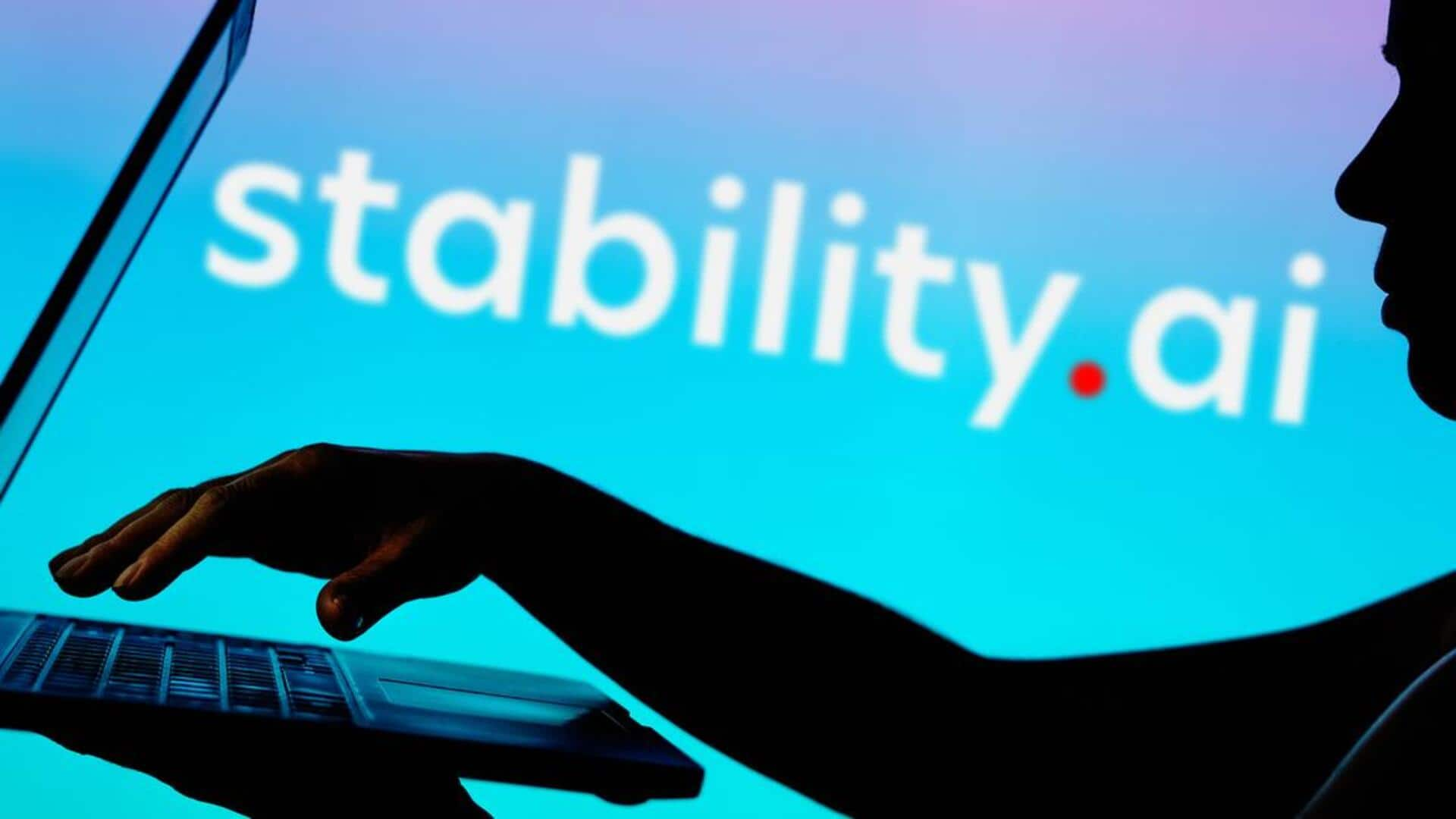
Getty Images takes on Stability AI in landmark copyright lawsuit
What's the story
Getty Images' significant copyright lawsuit against Stability AI commenced at London's High Court, potentially setting a major precedent for how copyright law applies to AI technologies. Getty accuses Stability AI of unlawfully using millions of its images, scraped from its websites, to train the AI model Stable Diffusion. Stability AI denies infringement, arguing its tools foster innovation and artistic freedom. The case could set a major precedent for the law on artificial intelligence.
Accusations
Getty's allegations against Stability
Getty Images, which also has a parallel lawsuit against Stability AI in the US, alleges that the latter illegally scraped millions of images from its websites. These images were allegedly used to train and develop Stable Diffusion, which generates images from text prompts. The case is one of many lawsuits in Britain, the US, and elsewhere over copyright-protected material being used to train AI models after ChatGPT and other such tools became widely available more than two years ago.
Defense strategy
Stability AI denies any infringement of Getty's rights
Stability AI, which has raised hundreds of millions of dollars in funding and recently announced an investment from WPP, the world's largest advertising company, denies any infringement of Getty's rights. A spokesperson for the company said that "the wider dispute is about technological innovation and freedom of ideas." They added that artists using their tools are creating works based on collective human knowledge, which is at the heart of fair use and freedom of expression.
Expert opinions
Case likely to set major precedents for copyright law
Legal experts believe Getty's case could have a major impact on copyright law and possibly shape government policy on AI-related copyright protections. Rebecca Newman, a lawyer at Addleshaw Goddard who is not involved in the case, said "Legally, we're in uncharted territory. This case will be pivotal in setting the boundaries of the monopoly granted by UK copyright in the age of AI."
Future implications
Ruling could affect UK's attractiveness as a jurisdiction for AI
Cerys Wyn Davies from Pinsent Masons said the High Court's ruling "could have a major bearing on market practice and the UK's attractiveness as a jurisdiction for AI development." The case highlights the ongoing debate over copyright protections in the age of AI, with creative industries grappling with legal and ethical implications of such technology.